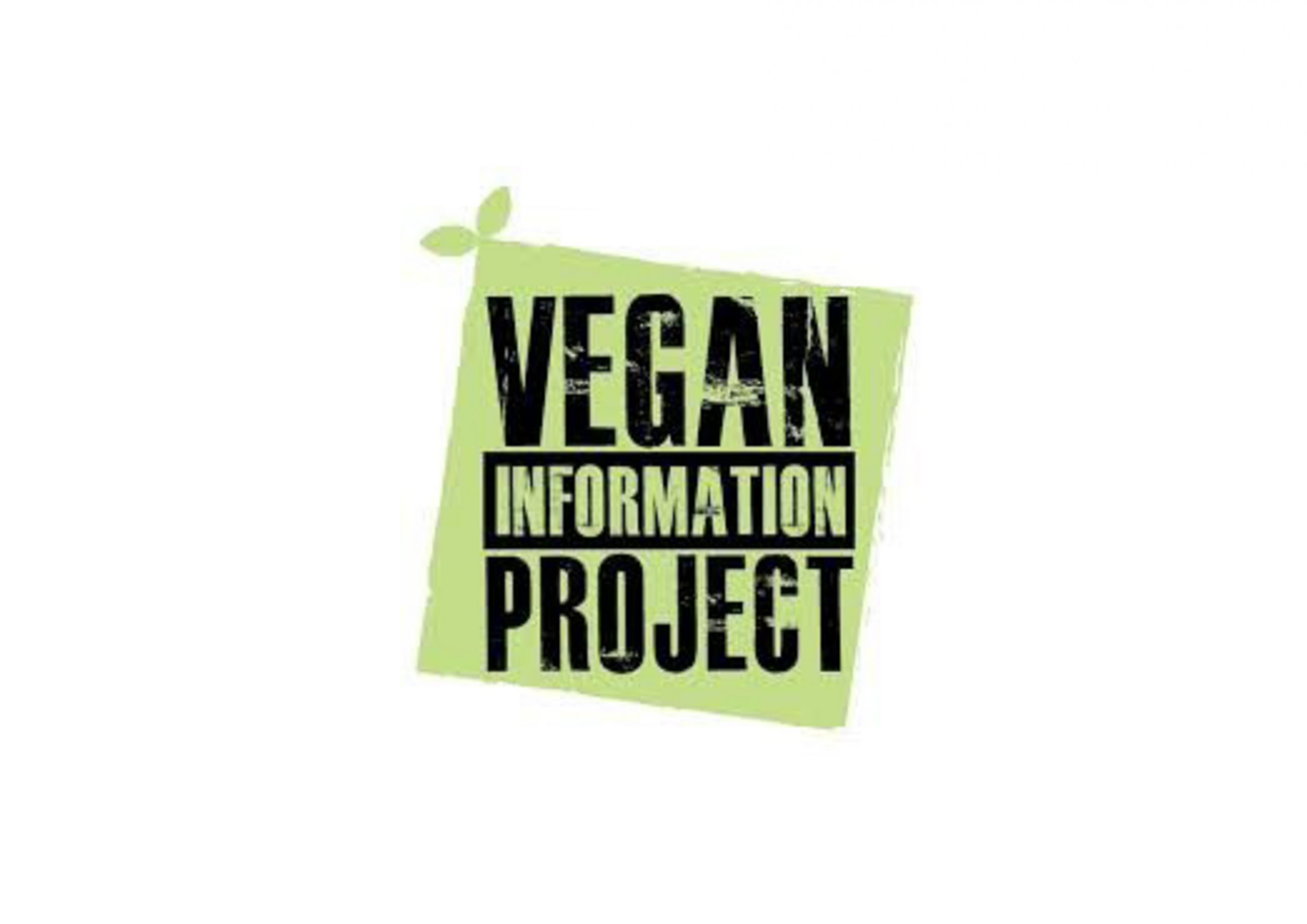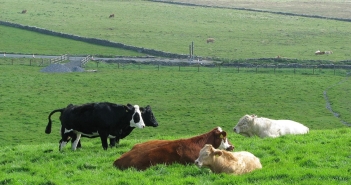We are currently seeing relatively intense media focus on veganism, but I am worried this is another false dawn. All social movements go through peaks and troughs, and today’s coverage reminds me of what happened in the 1980s and 1990s. It is quite possible we are seeing the beginnings of a repeat cycle. If we are, then we need to learn how to improve our claims-making capacity in response to negative vegan stereotyping.
The 1980s witnessed a huge peak in animal advocacy and interest in the ‘animal issue’. British groups like Animal Aid, founded in 1977, were young and energetic and, in North America, People for the Ethical Treatment of Animals (PeTA) emerged in 1980 as a brash, fresh, champion of other animals. This was at a time when the idea of animal rights – meaning the moral rights of other sentient beings – was being taken more seriously than it is today, and often articulated as rights-based animal rights.
PeTA was a radical grassroots group in the early years, before it morphed into the toxic, racist, sexist, and ableist, welfarist corporation it is now. Tom Regan’s seminal The Case for Animal Rights was fresh off the presses, and things were really buzzing. At one point in England, a journalist (who was ideologically opposed to animal advocacy) estimated that the Animal Liberation Front (ALF) were carrying out around six actions per night. The British Union for the Abolition of Vivisection had been radicalised, and that gave grassroots campaigners throughout Britain access to funds and materials.
Any new generation of social movement participants wants to break with the conventions of the old brigade. As Jake Conroy notes in this recent video about activism in the 1990s, recent 21st century claims about the ‘first ever open rescue’ in the USA, and the ‘largest animal rights march ever,’ ignore the history of the animal rights movement. As regards the latter case, referring to a march in Israel, in 1990 a ‘March for Animals’ in Washington attracted a crowd estimated at between twenty-five and seventy thousand participants. The organisers claimed 55,000, far more than the number who are believed to have taken part in the recent Israeli march.
I acted as a press officer for an animal rights organisation when mass media coverage of animal advocacy shifted in the 1980s. The message got a lot darker. We were getting used to being referred to as ‘animal freedom fighters’, and ‘rescuers’, and weren’t prepared for the ‘terrorist turn’ in mass media characterisation of animal activists. Our reputation wasn’t helped by how the Animal Liberation Front literally ran out of safe homes for liberated other animals. This led to an increase in the incidence of what in those days was called ‘economic sabotage’. Other factors, such as a Mars Bar poisoning hoax, and the development of incendiary devices based on firelighters, which the press invariably called ‘fire bombs’, added to the burden on those doing media interviews.
With the benefit of hindsight it seems to me a smart move for embattled 21st century animal farmers, and the animal user industries in general, to attempt to re-establish a link between animal advocacy and terrorism. I want modern day advocates to be more prepared for the backlash than we were.
The animal user industries will surely attempt to ride on the wave of the current moral panic about terrorism. For example, some farmers have recently claimed to have received ‘death threats’ from ‘militant vegans.’ I notice from reports on social media that farmers have been asked to verify these threats but have failed to do so. Expect dirty from an animal user industry backlash.
For example, Mr. Alan Newberry-Street, the Director of the ‘British Hunting Exhibition’ – a mobile bloodsports display supported by the British Field Sports Society and the Masters of Fox Hounds Association, was jailed for planting a nail bomb under his own vehicle in a bid to discredit the animal movement. At his trial he had the audacity to ask for other similar offences to be taken into consideration.
If the tactic of linking vegans to violence is smart, we need to be smarter. The angry vegan stereotype has already been reventilated on BBC’s Jeremy Vine Show national radio. Playing up to that image, as happened sadly, is naïve and counterproductive. Any explanation as to why vegans may be angry must be couched in a calm manner. Moreover, 21st century activists must avoid joining in with this rhetoric, as some British national animal groups did in the 1980s. Sadly, there is already evidence of this occurring. In my experience paid-up staff in the movement are unlikely to defend grassroots campaigners if negative labels have been successfully attached to their activities in the mass media, however justified and merited such activities may appear.
Drawing on Tom Regan’s ideas (see video above) and a rights-based animal rights approach and a rights-based animal rights approach, I appeal to a new crop of vegan spokespersons, firstly to diversify: there are too many male voices. Secondly read up on rights-based philosophy in order to respond to the characterisation of veganism as welfare-based. This counters the argument ‘we have the best welfare standards in world’ which all representatives of users industries are likely to throw at you. Welfare standards are not relevant to the rights-based case for animal rights: rights violations are never excused by the regulation of atrocities. Be smart, don’t fall for their traps.




